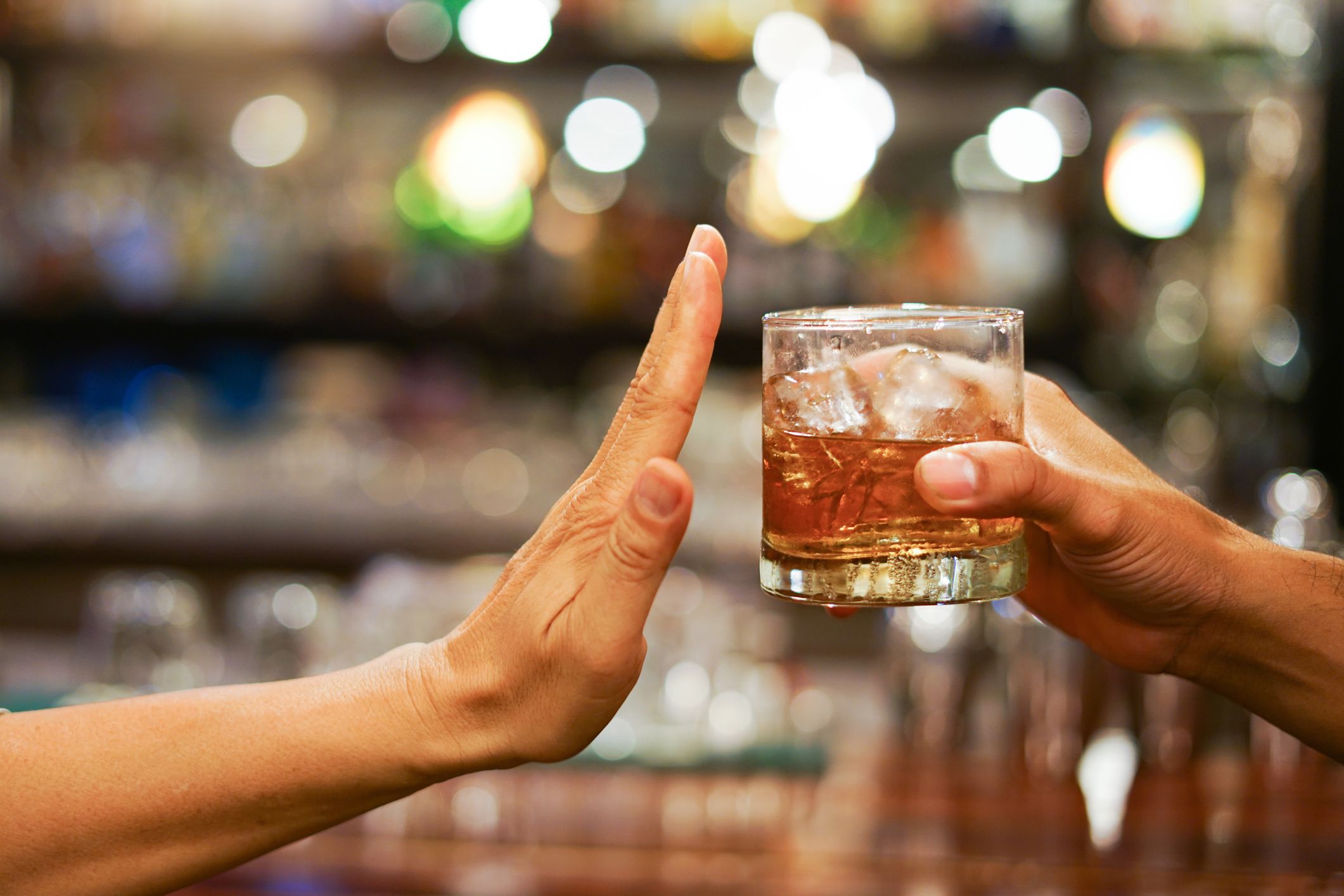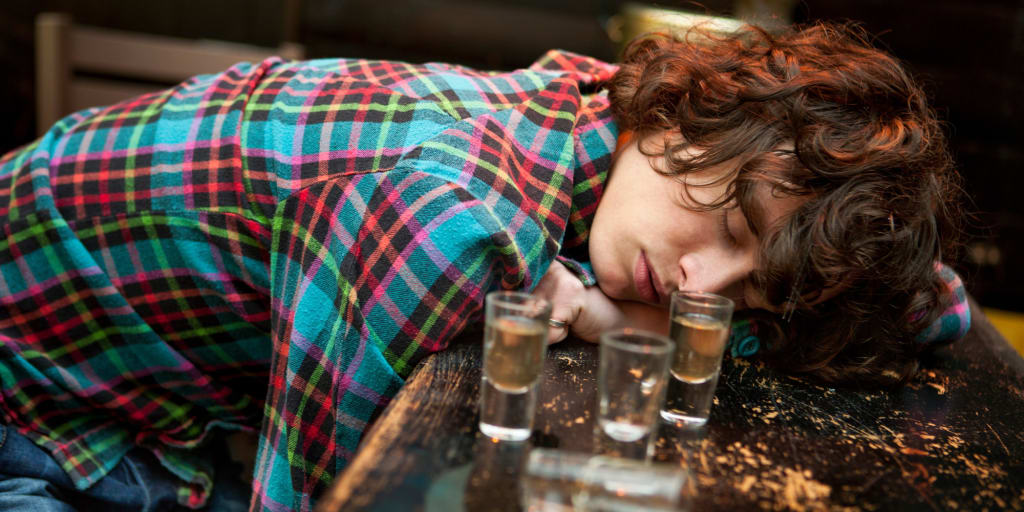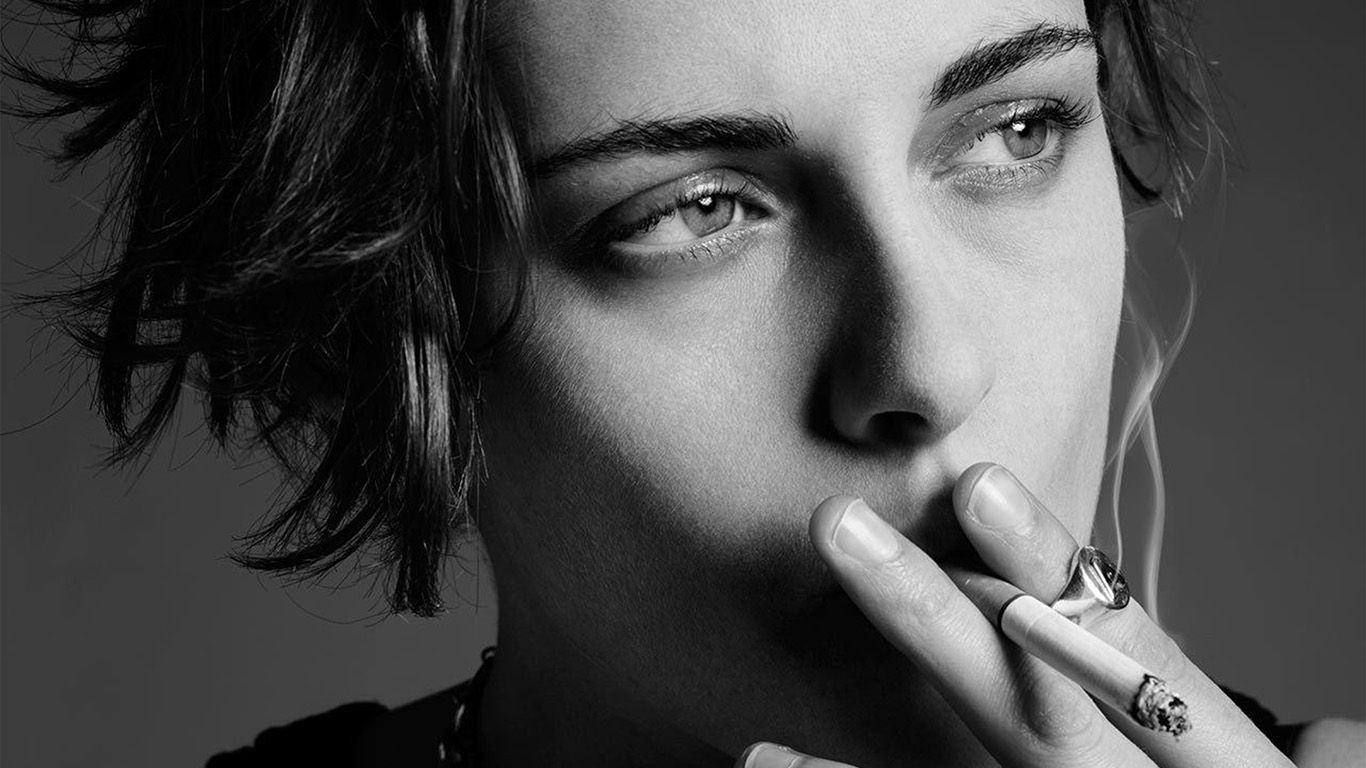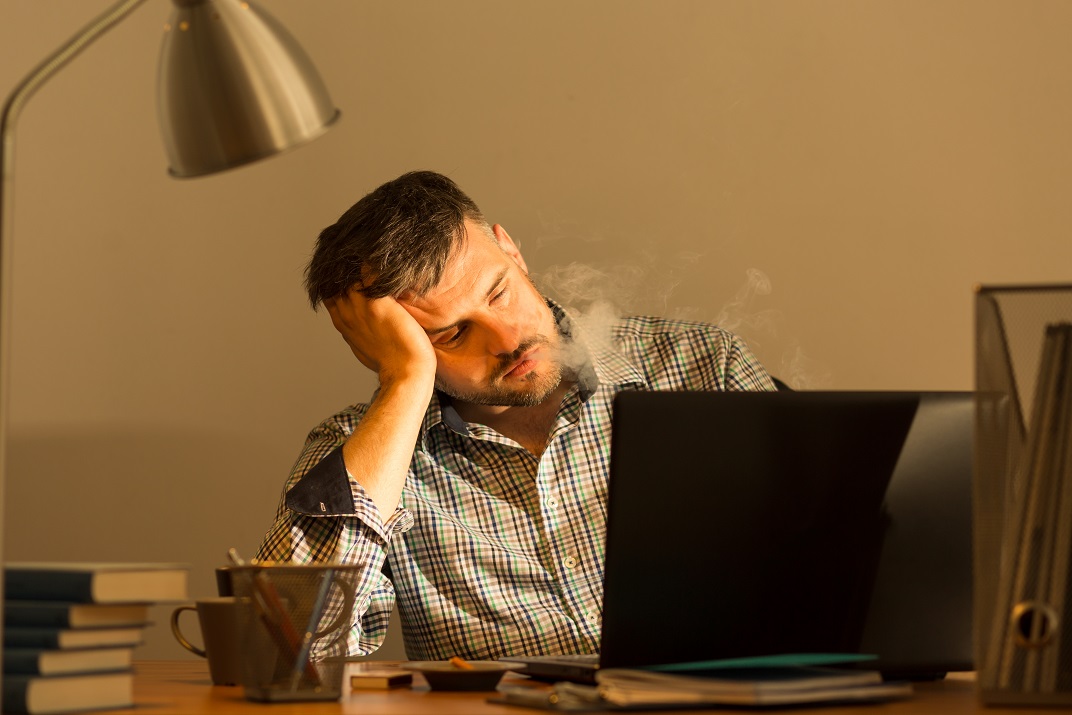The physical toll that alcohol takes on the body is well known. From liver disease to high blood pressure, long-term drinking has been tied to a wide range of serious medical conditions. But what’s less often talked about is what alcohol—at any level—does to the brain. Even if you’re not drinking heavily or haven’t been drinking for years, you may still experience symptoms like brain fog, irritability, emotional swings, and cognitive dullness simply from moderate or short-term use.
For individuals who binge drink, who’ve been using alcohol chronically, or who have developed alcohol use disorder, the brain can suffer more intense and long-lasting consequences. These can include persistent anxiety, depression, poor memory, and impaired judgment. Over time, the neurological damage can make everyday functioning a challenge.
The encouraging reality is that stopping alcohol use can set your brain on a path to recovery, no matter how long you’ve been drinking. Even after years of repeated disruption to your brain’s chemistry, healing is possible. The brain is incredibly adaptable, and once alcohol is removed from the equation, it begins to repair the systems and circuits that have been damaged.

5 Ways Quitting Alcohol Impacts Your Brain Function
1 – The Frontal Lobe Begins to Heal
The frontal lobe is the part of your brain responsible for decision-making, emotional regulation, memory recall, and motor skills. This region is especially vulnerable to the damaging effects of alcohol, and long-term abuse can shrink its size and disrupt its function.
As a result, people with alcohol dependence often experience difficulty thinking clearly, controlling impulses, managing behavior, and recalling important information. While these issues don’t vanish overnight, quitting drinking allows the frontal lobe to begin rebuilding. In early recovery, cognitive issues may still persist, but over time, new brain cells begin to regenerate, gradually reversing some of the damage.
As healing continues, improvements in logic, self-control, and executive functioning will help reinforce sobriety and support healthy choices.
2 – Dopamine Systems Gradually Rebalance
Dopamine is a neurotransmitter that helps regulate your mood, motivation, and pleasure response. Alcohol use artificially spikes dopamine levels, giving drinkers a temporary "high" or sense of relief. However, this artificial stimulation causes the brain to reduce the number of dopamine receptors over time, making it harder to feel pleasure naturally.
When you quit drinking, the sudden drop in dopamine—and the underactive receptor network—can lead to emotional lows, lack of motivation, and depressive symptoms. This is a normal phase in early recovery. The good news is that with sustained sobriety, the brain gradually restores its dopamine system to a more natural balance, improving your ability to enjoy everyday life again without relying on alcohol.
3 – Motivation and Goal-Setting Abilities Return
Recovery often begins with a deep fog—physically, mentally, and emotionally. But as the brain heals and chemicals begin to normalize, motivation tends to reawaken. Many people report a renewed interest in physical activity, creative projects, or long-forgotten goals as they continue through sobriety.
Simple routines like morning walks, reading, or practicing a hobby can feel exciting again. The same brain that once prioritized drinking slowly shifts its focus toward healthier behaviors, reinforcing momentum. As your drive to engage with life improves, your overall mental clarity and energy rise too.
4 – Serotonin Levels Improve
Serotonin plays a major role in regulating mood, appetite, and overall emotional wellbeing. While alcohol can temporarily boost serotonin, chronic use typically lowers its long-term production. This is why heavy drinkers often experience increased symptoms of depression and anxiety over time.
When you stop drinking, your body starts producing serotonin in a more stable, sustainable way. Some people may still need support—like therapy or antidepressant medication—to assist this transition, but removing alcohol from your system is a foundational first step. Once the chemical rollercoaster of alcohol use is gone, it becomes easier to evaluate what your emotional baseline actually looks like.
5 – Healthy Coping Mechanisms Take Root
Alcohol is often used as a shortcut to manage stress, social discomfort, or emotional pain. It’s easy to fall into the habit of reaching for a drink to relax, to feel braver, or to escape. Over time, this pattern bypasses natural coping skills, leaving a void once the alcohol is removed.
In recovery, you’re required to develop and relearn how to handle emotions and situations without alcohol. This process can feel uncomfortable at first, especially for those who drank heavily for many years. But each new skill—whether it’s setting boundaries, expressing feelings, or building sober relationships—stimulates new brain connections and strengthens emotional resilience.
As you navigate life sober, your brain becomes better equipped to handle stress without falling back into old habits.

How Can You Quit Drinking on Your Own?
Quitting alcohol without outside help is difficult—but not impossible. For those with a serious dependency, attempting to go cold turkey without supervision can be dangerous. But individuals with a milder or moderate drinking pattern may be able to stop using self-directed methods if they prepare carefully.
Start by letting friends, family, or trusted people in your life know about your decision. Having outside accountability increases your chances of success. You’re less likely to slip if you know others are rooting for you and checking in.
Avoid environments where alcohol is easily available, and change your routine to fill times when you’d typically drink with other activities—walking, exercising, creative hobbies, volunteering, or anything that keeps you engaged and away from temptation.
Staying consistent and being honest about your cravings can also help you spot your triggers and adapt accordingly. Recovery begins with one small choice at a time.
How Can You Support Someone Else Who Wants to Quit?
Watching a friend or loved one struggle with alcohol is heartbreaking. You want to help—but convincing someone to stop drinking is never simple, especially if they don’t believe they have a problem.
A good starting point is open communication. Choose a calm, sober moment to express your concerns and observations without judgment. The goal isn’t to argue—it’s to show care and encourage reflection. Even if the first conversation doesn’t lead to change, it may plant the seed for future action.
Consider gathering close friends or family members for an intervention if the person remains resistant. This group effort should focus on love, concern, and collective impact—not confrontation or shame. The objective is to help the person see how alcohol is affecting everyone involved and to offer a path toward treatment and healing.
Empathy, consistency, and patience are essential. Recovery is personal, but knowing someone stands beside you can make all the difference.
How Long Does It Take to Detox From Alcohol?
The detox process varies depending on the person, but for most, the acute withdrawal phase lasts about one to two weeks. The first symptoms often show up within hours after the last drink and can progress in intensity quickly.
In the early stages, withdrawal symptoms may include shakiness, headaches, nausea, mood swings, and anxiety. Some people experience sleep disruption, cravings, and fatigue. These effects usually peak within the first few days, then slowly taper off.
However, more severe cases may experience a dangerous form of withdrawal called delirium tremens (DTs), which can include confusion, high fever, tremors, and hallucinations. Medical supervision is strongly recommended for anyone who has been drinking heavily for long periods.
Even after the acute symptoms pass, lingering effects—like disrupted sleep or emotional instability—can continue for weeks or even months.

11 Practical Strategies to Reduce Your Drinking
For people who aren’t ready to quit entirely—or who want to taper down before stopping—there are several tools that can make the journey more manageable. These steps, recommended by the National Institute on Alcohol Abuse and Alcoholism (NIAAA), are designed to help anyone regain control of their relationship with alcohol, whether they want to cut back or stop altogether.
1 – Write Down Why You Want to Change
List every reason that’s motivating you to change your drinking habits. It might be your health, your relationships, your finances, your mental clarity—or simply a desire to feel more in control of your life. Putting your reasons in writing reinforces your commitment and gives you something to revisit when temptation arises.
2 – Set Clear, Personalized Limits
Establish a drinking goal. This might mean abstaining entirely, or sticking to a specific limit per day or week. For example, U.S. guidelines recommend no more than one drink per day for women and men over 65, and two drinks per day for men under 65. If you have health issues, even these levels may be too high. A healthcare professional can help tailor a safe goal based on your individual needs.
3 – Keep a Log of Every Drink
For a few weeks, track each time you drink—how much, where you were, and how you felt before and after. This helps you identify patterns and potential triggers. Once you compare your actual behavior to your goals, you’ll have a clearer picture of whether you’re on track or need to make adjustments.
4 – Remove Alcohol From Your Home
If it’s not within reach, you’re far less likely to give in to impulsive cravings. Clearing out liquor cabinets, wine bottles, or leftover beers can reduce temptation and reinforce your decision to change.
5 – Slow Down When You Drink
If you do decide to have a drink, sip slowly. Space out alcoholic beverages by alternating with water, juice, or soda. Avoid drinking on an empty stomach, as this intensifies alcohol’s effects and increases the risk of overconsumption.
6 – Plan Alcohol-Free Days
Designate specific days of the week when you won’t drink at all. Starting with one or two dry days each week helps build confidence and introduces your body to alcohol-free routines. You can even try going without alcohol for an entire week or month to see how you feel—many people report better sleep, improved focus, and increased energy.
7 – Be Prepared for Social Pressure
Not everyone will support your decision to cut back. Practice ways to say no politely but firmly. Whether you say you’re driving, on medication, or just not drinking tonight, it’s okay to decline. Surround yourself with people who respect your choices and avoid environments where drinking is the central activity.
8 – Stay Occupied With Healthier Alternatives
Use your time in new ways. Exercise, cooking, painting, writing, hiking, playing music, or joining a local group can help distract from cravings and build a new routine that doesn’t revolve around alcohol. The busier and more fulfilled you are, the less likely you are to feel the urge to drink.
9 – Lean on Support Networks
Let people you trust know about your goals. Having friends or family check in on you creates a sense of accountability and encouragement. Don’t hesitate to reach out to a therapist, addiction counselor, or support group if needed.
10 – Anticipate Triggers and Temptation
Know the situations or feelings that tend to push you toward drinking. If you often drink out of boredom, loneliness, or stress, work on developing healthy coping tools—like mindfulness, journaling, or taking a walk when those emotions arise. Plan ahead for challenging events like holidays or family gatherings by deciding how you’ll stay alcohol-free.
11 – Keep Going, Even After Setbacks
Most people trying to reduce or stop drinking will slip up at some point. One relapse doesn’t mean failure. The key is to return to your goal, learn from the experience, and try again. With each attempt, you become stronger and more aware of what works and what doesn’t. Recovery isn’t about perfection—it’s about persistence.
What Happens After You Quit Drinking – A Timeline of Change
Everyone’s recovery timeline is different, but there are some common milestones that many people experience after quitting alcohol. This rough guide outlines what the body and brain often go through in the weeks and months following the last drink.
| Time Since Last Drink | Common Changes and Symptoms |
|---|---|
| 2 to 12 hours | Early withdrawal begins. Symptoms may include hand tremors, nausea, sweating, anxiety, and restlessness. |
| 12 to 24 hours | Symptoms continue and can include cravings, low energy, and mood fluctuations. Sleep is often disturbed during this time. |
| 12 to 72 hours | This period is when severe withdrawal symptoms may appear, such as elevated heart rate, blood pressure spikes, and the risk of seizures. |
| 48 to 72 hours | Withdrawal begins to ease for most people, with symptoms becoming more manageable. |
| 3 to 7 days | Physical symptoms typically subside, though some individuals may develop more severe issues like delirium tremens, which require medical intervention. |
| 1 week | Sleep starts improving. Many people feel less physically shaky, though full sleep recovery may take longer. |
| 1 to 2 weeks | Most structured detox programs end around this point. Appetite, hydration, and focus begin to normalize. |
| 2 weeks | Noticeable weight loss may begin due to eliminating alcohol calories. Those with fatty liver disease often show signs of improvement. |
| 3 to 4 weeks | Blood pressure and cardiovascular markers improve. Some notice better circulation and increased stamina. |
| 1 month | Skin tone and clarity often improve. People begin to look healthier and more vibrant. |
| 3 months | Most report higher energy levels, better moods, and more consistency in sleep and daily performance. |
| 1 year | Long-term benefits become deeply rooted. Lingering symptoms like anxiety, cravings, or insomnia typically disappear. Emotional health, mental clarity, and physical resilience reach stable highs. |
What It's Really Like to Quit Drinking Alcohol
Alcohol touches nearly every system in the body, so when you remove it, the shift is widespread. The first phase of quitting often feels like a collision of mental and physical symptoms. For many, it starts with a cluster of sensations that resemble a strong hangover—headaches, dizziness, tremors, nausea, irritability, and fatigue. These discomforts are normal and usually temporary.
In more moderate cases, symptoms tend to peak during the first few days and begin to fade by the end of the first week. But for individuals who’ve been drinking heavily or for a long period, withdrawal may be more intense. In such cases, symptoms can develop into what’s known as delirium tremens (DTs)—a medical emergency characterized by confusion, agitation, high fever, severe shaking, and hallucinations.
This condition occurs in roughly five percent of individuals going through alcohol withdrawal and, if left untreated, can become life-threatening. It’s one of the many reasons professional guidance and monitoring are strongly advised during detox.
Aside from the immediate effects, many people notice that once alcohol is removed, their energy, focus, and emotional resilience gradually return. The body begins to repair itself, the nervous system regains stability, and hormone levels rebalance. Life doesn’t magically become easy, but clarity improves and forward momentum starts to build.
What to Expect as Time Passes – A Timeline Recap
| Time Since Quitting | Changes That May Occur |
|---|---|
| 2 to 12 hours | Early signs of withdrawal begin—trembling hands, irritability, sweating, or anxiety. |
| 12 to 24 hours | Continued restlessness, cravings, poor sleep, low mood, and reduced appetite. |
| 12 to 72 hours | Peak withdrawal risk. Seizures or dangerously elevated heart rate may occur in heavy users. |
| 48 to 72 hours | Physical symptoms begin to ease for most individuals. Hydration and rest become easier. |
| 3 to 7 days | Acute symptoms fade. Emotional lows may persist. In rare cases, DTs may still occur. |
| 1 week | Sleep begins to stabilize. Headaches and nausea typically disappear. |
| 2 weeks | Appetite improves. Some may notice fat loss. Fatty liver cases begin healing. |
| 3 to 4 weeks | Blood pressure and heart function normalize. Endurance and circulation improve. |
| 1 month | Clearer skin, healthier appearance, more balanced emotions. |
| 3 months | Improved concentration and memory. Most sleep issues and cravings fade. |
| 1 year | For nearly everyone, psychological distress and alcohol-related symptoms diminish significantly. Many report feeling healthier than they have in years. |
This article has outlined the detailed effects of quitting alcohol—from brain recovery and mood stabilization to physical health milestones. Whether you're planning to quit, helping someone else, or simply reducing your intake, understanding what happens to your body and mind throughout this journey is key to staying committed.











